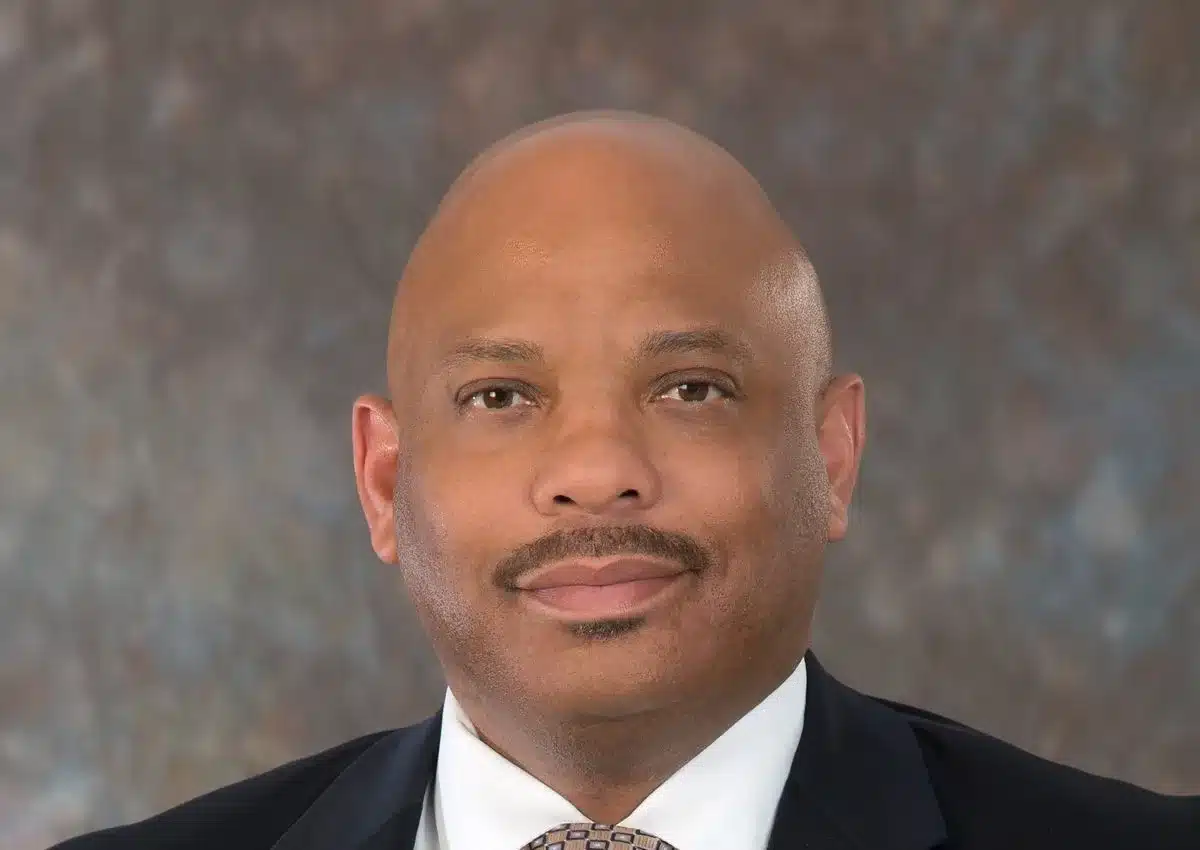This article first appeared on the Magnolia Tribune.

The latest credit opinion on the Mississippi Institutions of Higher Learning from Moody’s cites key credit strengths, including IHL’s “strong financial oversight.”
Good stewardship is critical to Mississippi’s university system and represents a fundamental component in the work of the Board of Trustees of Mississippi’s Institutions of Higher Learning (IHL).
The latest credit opinion from Moody’s Investors Service, released on January 11, offers a strong endorsement of the Board’s stewardship of the resources of our state’s university system, which includes eight public universities plus the University of Mississippi Medical Center (UMMC), the Mississippi Cooperative Extension Service, Mississippi Agricultural, Forestry and Veterinary Medicine, and 23 satellite centers throughout the state.
Explaining their rating of IHL as Aa2stable, Moody’s cites key credit strengths, including the scale of operations, overall wealth driven in part by substantial fundraising, and IHL’s “strong financial oversight.”
Challenges to our credit rating are noted as well, including the PERS pension liability and enrollment in our universities (notably a common issue throughout the nation).
Fundamentally, however, Moody’s notes that our stable outlook is a reflection of their expectation that IHL will “continue to produce healthy operating performance as effects of the pandemic continue to subside while maintaining sound unrestricted liquidity.” This expectation benefits every institution, regardless of size, under the IHL umbrella.
All of this is critically important to IHL’s mission and stewardship of not only our university system, but of the public trust. There are key areas in which IHL is doing this work.
The IHL Board has focused on debt service savings, with outstanding debt service payments being reduced by more than $119 million since 2016 through routine monitoring of credit markets for savings opportunities. In 2019, Moody’s also noted the Board’s “strong central financial and operations oversight of its system members” as a factor in debt service savings.
Attention to energy costs generated substantial savings through proactive efforts including cost avoidance, putting cost-effective lighting and HVAC systems in place, implementing holiday shutdowns, and requiring new construction to demonstrate a 30 percent reduction from current buildings. From 2006 through 2017, these initiatives reduced energy costs across the IHL system by $109 million.
Prior to 2009, each university managed their own individual policies for property insurance. Since that time, the implementation of a single brokered insurance policy through IHL, rather than individual policies, has achieved a total savings of more than $105 million in insurance premiums.
The decision of the IHL Board to consolidate costs related to library subscriptions reflects another area where stewardship, planning and forward-thinking has resulted in savings. Through the organization of a library consortium to negotiate these subscriptions, a new contract will reduce costs by $4 million over four years.
Looking ahead, IHL will continue to be good stewards of Mississippi’s public universities—as well as the students who learn at them, the faculty who teach at them, and the staff who help to lead them—to new levels of success and strength.
This article first appeared on the Magnolia Tribune and is republished here under a Creative Commons license.
Read original article by clicking here.

